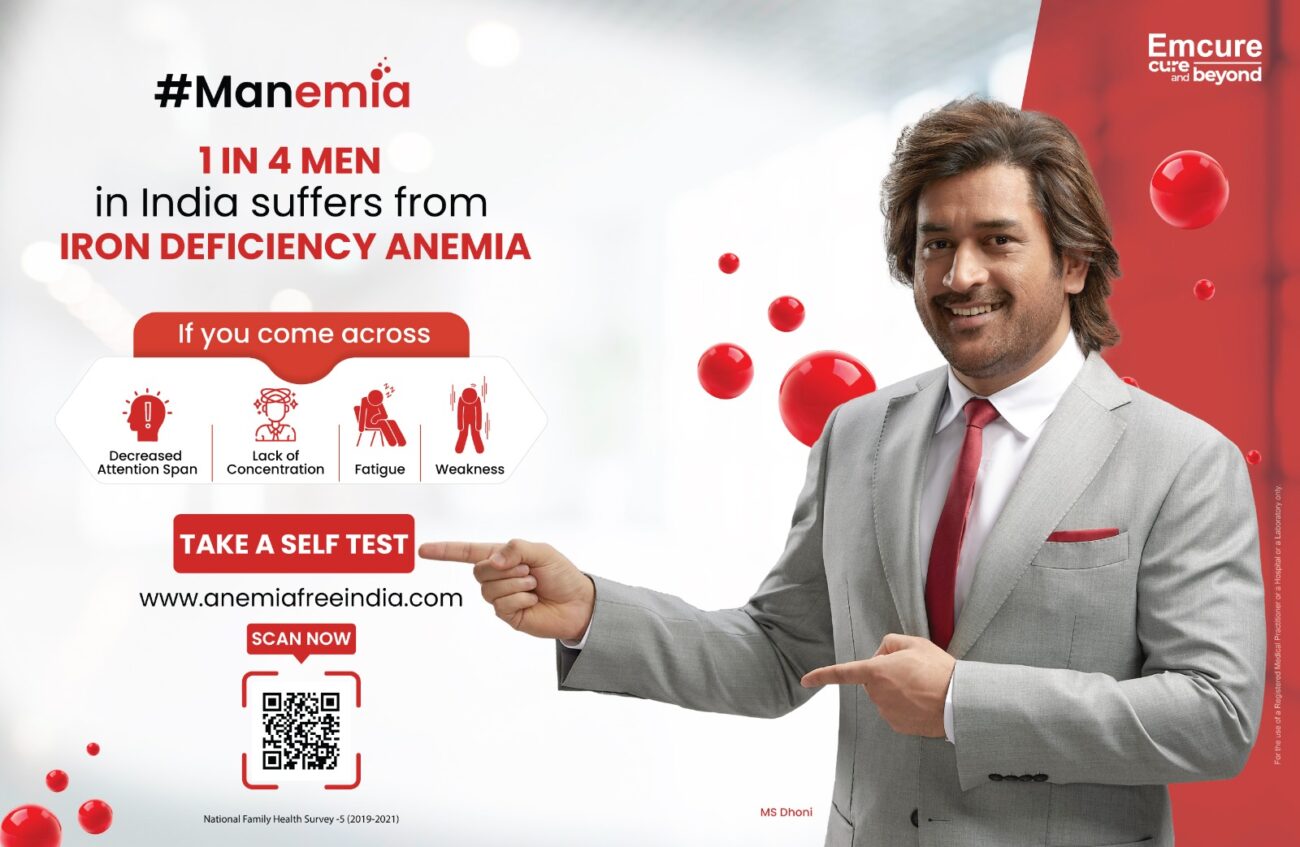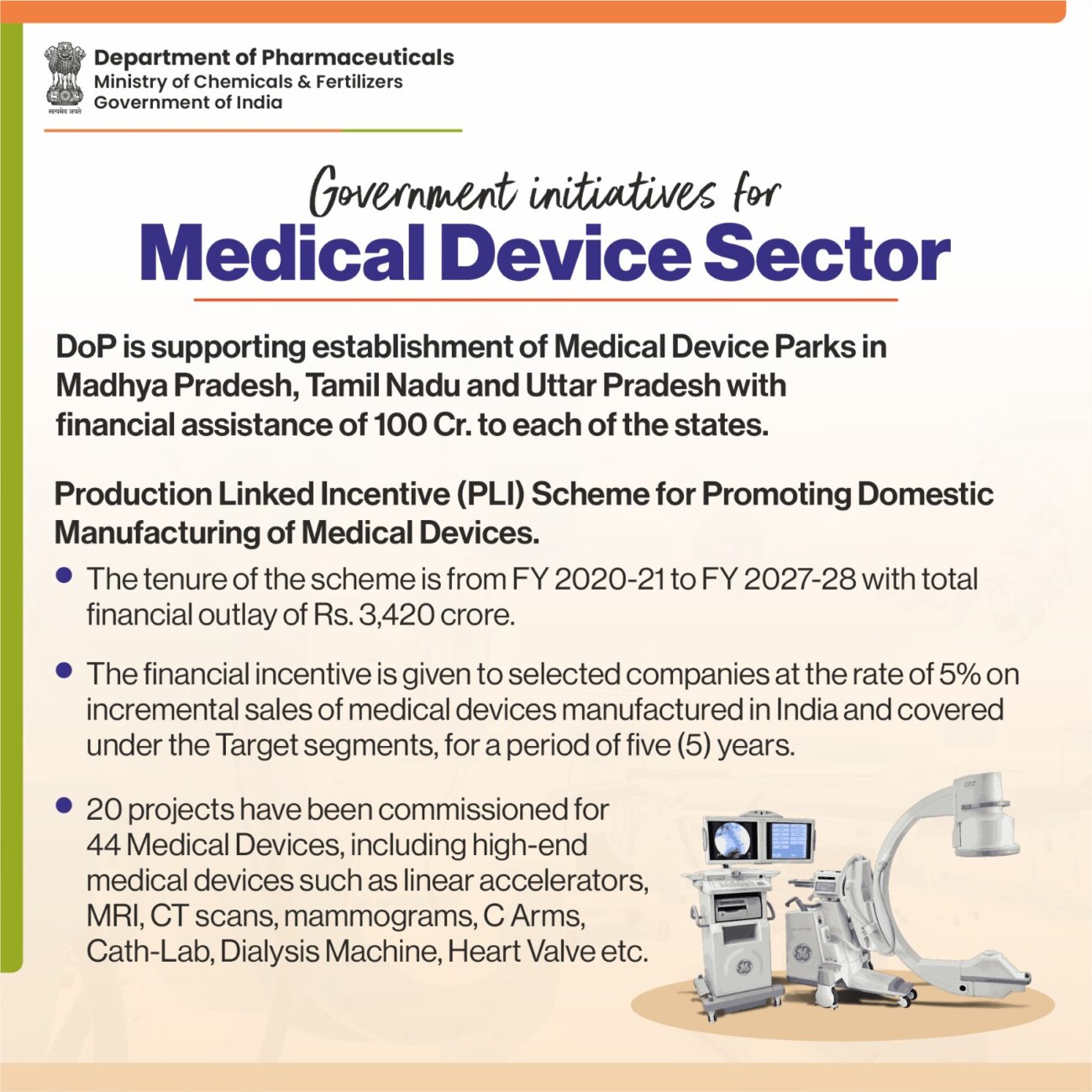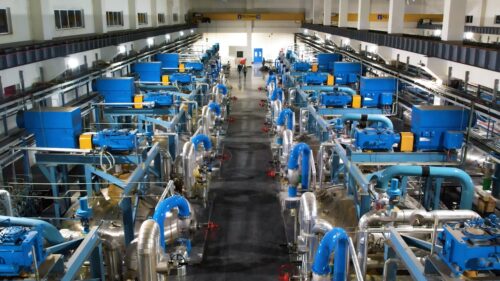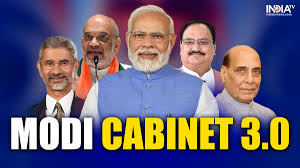Union Minister Dr. Jitendra Singh Highlights Jammu’s Diabetes Crisis: Landmark ICMR-INDIAB Study Reveals Alarming Prevalence Rates
In a significant development for public health, Union Minister Dr. Jitendra Singh, a nationally recognized diabetologist, today unveiled the findings of the ICMR-India Diabetes (INDIAB) Study in Jammu. This extensive research, described as the world's
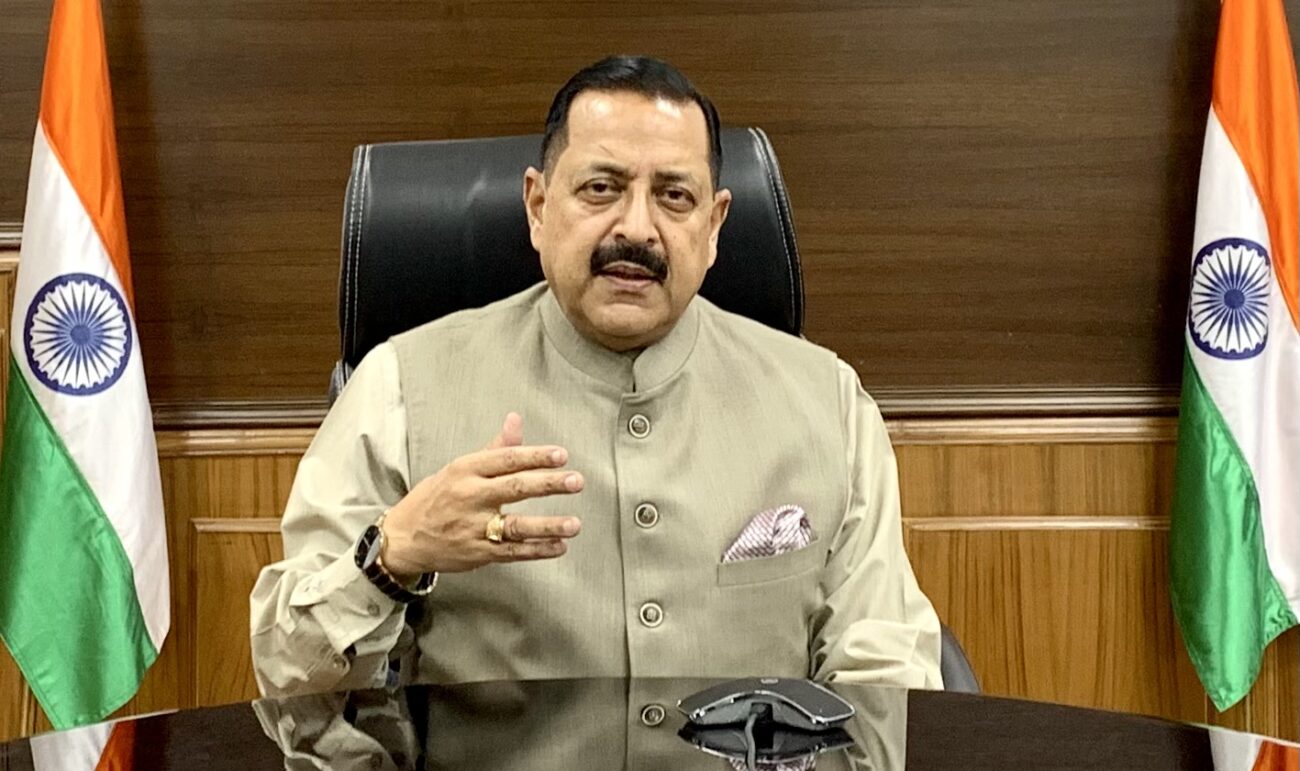
In a significant development for public health, Union Minister Dr. Jitendra Singh, a nationally recognized diabetologist, today unveiled the findings of the ICMR-India Diabetes (INDIAB) Study in Jammu. This extensive research, described as the world’s largest survey on diabetes prevalence, sheds light on the critical health challenges facing the region of Jammu & Kashmir.
The study reveals an alarming overall diabetes prevalence of 18.9% in the Jammu region, a figure that notably surpasses the national average. A closer look at the data indicates a striking disparity between urban and rural populations: urban areas experience a 26.5% prevalence rate, while rural areas report 14.5%. These figures highlight the urgent need for targeted health interventions and community awareness programs in both settings.
Call to Action
Dr. Singh expressed grave concern over the rising incidence of diabetes, emphasizing the necessity of a collective societal effort to combat this growing epidemic. He called upon medical institutions, non-governmental organizations, and media outlets to join forces in raising awareness about diabetes prevention and management. “It is imperative that we prevent and control this disease before it escalates to alarming proportions,” he stated.
The INDIAB Study is viewed as a pivotal opportunity to shift focus towards preventing and managing non-communicable diseases (NCDs), including diabetes. Dr. Singh stressed the importance of adopting a multi-sectoral approach that involves governmental and non-governmental agencies, local communities, and individuals to tackle the rising tide of diabetes effectively.
Landmark Findings
The INDIAB study serves as a crucial tool for estimating the health burden posed by diabetes, prediabetes, and other metabolic NCDs. The data indicates that 10.8% of the population in Jammu is affected by prediabetes, underscoring an immediate need for intervention to prevent the progression to diabetes.
Additionally, the survey found alarming rates of other health concerns in the region: 27.1% of the population is affected by hypertension, while obesity figures are equally concerning, with 41.7% classified as generally obese and 62.7% as abdominally obese. These statistics paint a grim picture of the health landscape in Jammu, necessitating immediate action.
Early Detection and Prevention
Emphasizing the need for early detection, Dr. Singh highlighted the critical role of addressing diabetes among pregnant women. “We must break the chain of diabetes transmission across generations,” he remarked, pointing to the need for focused interventions in maternal health to mitigate future risks.
Youth as Architects of Change
Dr. Singh specifically called out the youth as key stakeholders in this fight against diabetes. “The energy and potential of our youngsters must be preserved to ensure they do not fall prey to this silent killer,” he asserted. He underscored that nurturing the health and well-being of young people is vital for realizing India’s goal of becoming a developed nation by 2047.
Government Initiatives
In response to the alarming health crisis, the Government of India is committed to establishing approximately 150,000 Health and Wellness Centres across the country. These centres will primarily focus on the prevention and management of NCDs, including diabetes, hypertension, and certain types of cancer. Dr. Singh attributed this initiative to the leadership of Prime Minister Narendra Modi, who has championed a transformative approach to healthcare, emphasizing prevention rather than solely treatment.
“Credit goes to Prime Minister Modi for awakening the nation to the virtues of preventive healthcare, incorporating traditional medicine practices such as Ayurveda and Unani, and promoting yoga for holistic health,” Dr. Singh noted.
Economic Implications
Further elaborating on the potential for health and economic development, Dr. Singh highlighted the unexplored Himalayan resources of Jammu & Kashmir. “Tapping into these vast bio-resources has immense potential for adding value to India’s economy,” he stated, expressing optimism about the region’s role in contributing to national growth.
As Jammu grapples with a rising diabetes crisis, the need for immediate, coordinated responses from all sectors of society has never been more critical. With concerted efforts and informed policymaking, there is hope for controlling and ultimately reducing the burden of diabetes and other NCDs in the region and across India.



